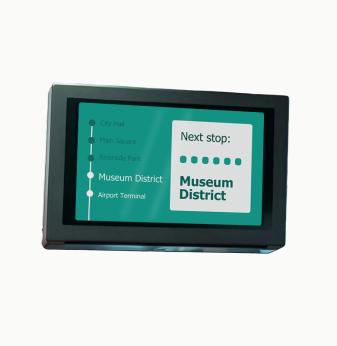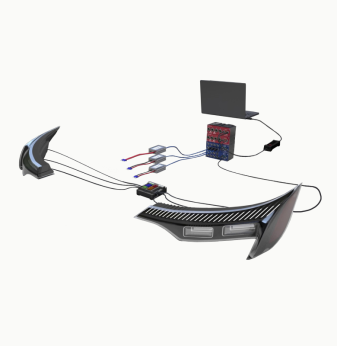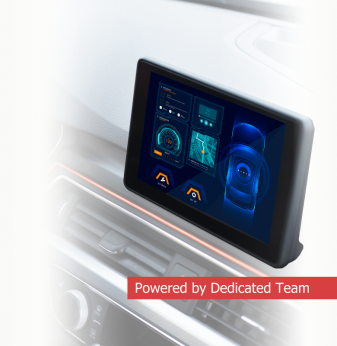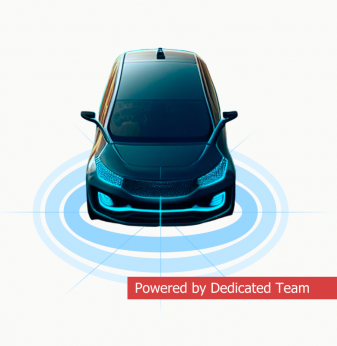Impact of New Tariffs on the US Electric Vehicle Market

In April 2025, the Trump administration introduced a 25% tariff on imported automobiles and auto parts, significantly impacting the automotive industry, particularly the electric vehicle (BEV) segment. This tariff has critical implications for EV pricing, model availability, and consumer demand in the US, at a time when BEVs accounted for an impressive 8.5% market share in March 2025.
Rising Costs and Pricing Impact
The introduction of a 25% tariff has substantially increased the cost of imported vehicles and components. For example, Tesla, heavily dependent on imported components for its US-made vehicles, estimates that tariffs could add approximately $4,000 per car, translating into a 9% price increase for consumers.
| Brand | Average Price Increase per Vehicle | Percentage Increase |
| Tesla | $4,000 | 9% |
| Volkswagen | $5,500 | 12% |
| Hyundai | $3,800 | 8% |
Reduction in Model Availability
Several automakers, including Audi and Volkswagen, have halted shipments to the US ports following the tariff implementation, awaiting further clarification. This action has led to reduced availability and variety of electric vehicles, limiting consumer choices and potentially driving market shortages.
| Metrics Monitored | Purpose | Results |
| Reaction Time | Assess and enhance response speed | Faster on-field reactions |
| Accuracy | Measure precision of movements/actions | Enhanced skill precision |
| Efficiency | Optimize energy and effort usage | Improved stamina and endurance |
| Spatial Awareness | Enhance understanding of positioning | Improved spatial decision-making |
| Mental Toughness | Evaluate and improve focus under pressure | Enhanced psychological resilience |
Impact on Consumer Demand
Despite BEVs achieving an 8.5% market share in March 2025, increased prices and reduced model availability due to tariffs could slow this growth. Analysts forecast potential sales reductions by up to 15% in the short term, accompanied by job losses across dealerships and related sectors.
Strategies for Automakers
To mitigate tariff impacts, automakers must optimize production processes and reduce dependency on imported components. Promwad, an engineering and software development company for the automotive industry, provides innovative solutions to support automakers:
- Custom ECU Development: Creating locally manufactured electronic control units (ECU) to minimize dependence on imported components, helping automakers reduce costs and improve production efficiency.
- Charging Infrastructure Integration: Developing advanced charging solutions, including wireless charging and battery management systems, enhancing consumer appeal and product competitiveness.
- Vehicle-to-Everything (V2X) Technologies: Implementing connectivity solutions that improve vehicle safety and traffic efficiency, contributing to market differentiation and value-added products.
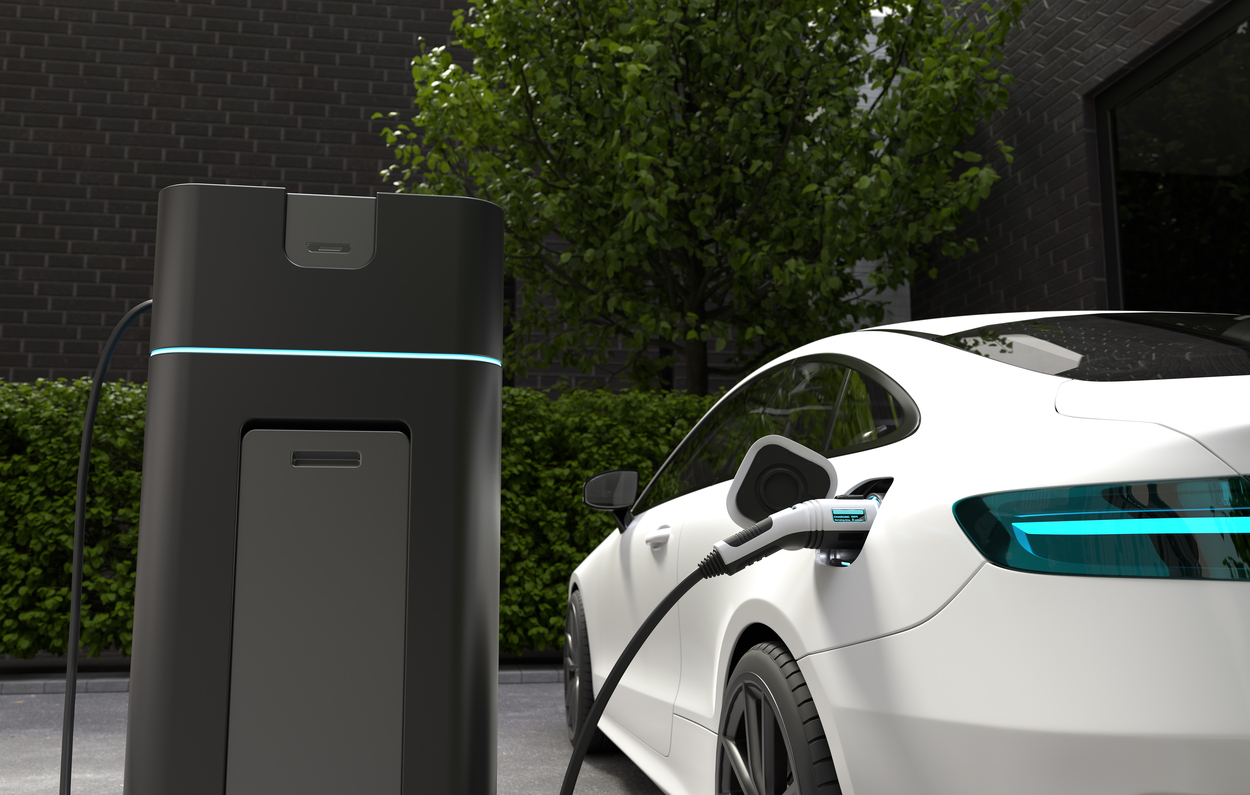
Future Market Projections
The BEV market is expected to adjust gradually to the tariff-related changes, with automakers shifting more production to the US and developing localized supply chains. Despite short-term disruptions, long-term growth is projected, driven by continued consumer interest and advancements in technology.
| Year | Projected BEV Market Share | Annual Growth |
| 2025 | 8.5% | - |
| 2026 | 9.2% | +8% |
| 2027 | 10.5% | +14% |
| 2028 | 12.0% | +14% |
Conclusion
The imposition of tariffs has introduced significant challenges to the US electric vehicle market, affecting pricing, model availability, and consumer demand. For automakers to successfully navigate these challenges, collaboration with specialized technology providers like Promwad will be essential. By investing in local innovation and adapting supply chains, the BEV market can continue its trajectory of growth and success.

